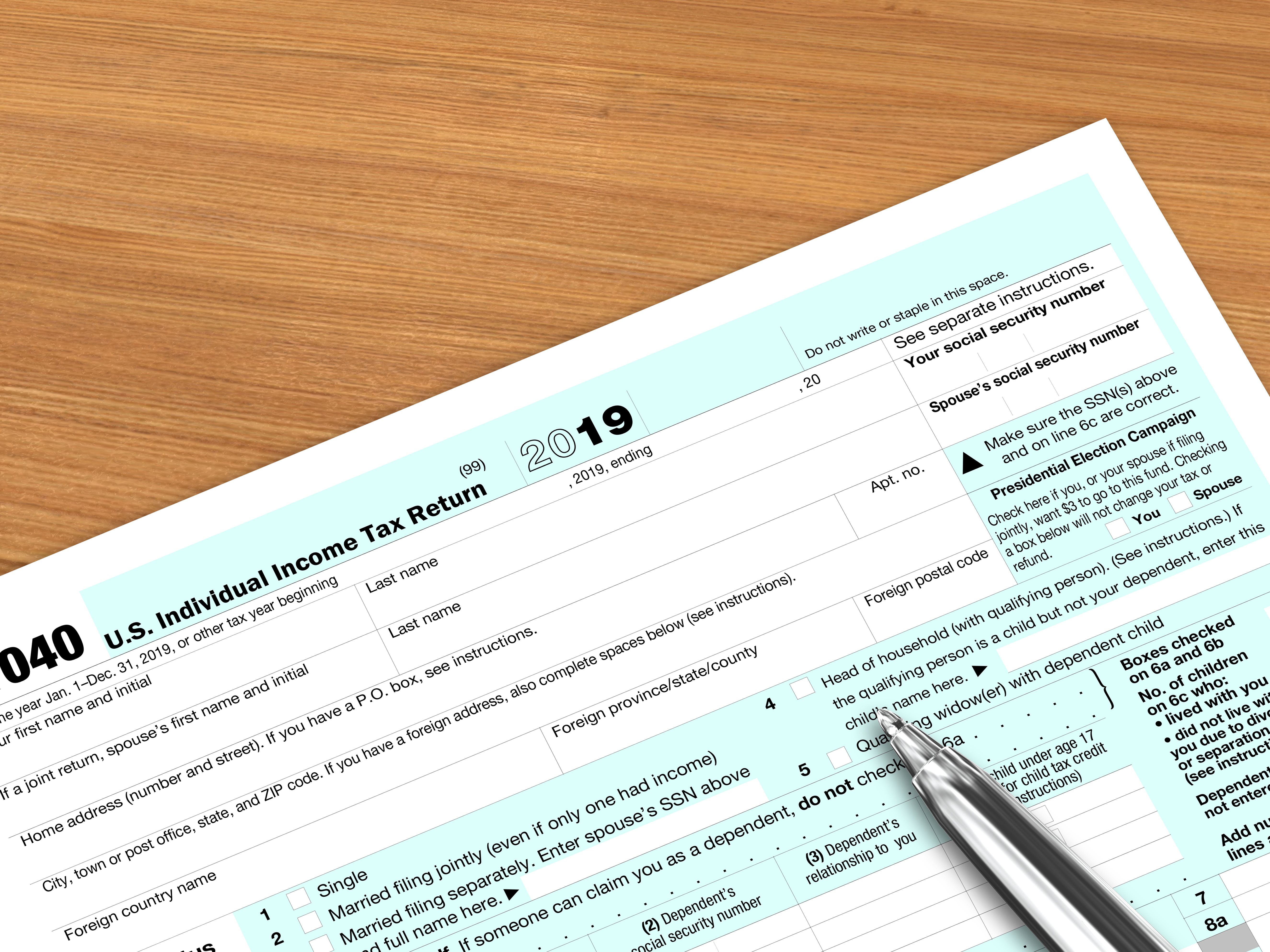The Seasonal Guide to Managing Business Finances for Year-End
Understanding Year-End Financial Management
As the year draws to a close, businesses often find themselves juggling myriad tasks to ensure everything is in order for a smooth transition into the new year. Among these tasks, managing business finances efficiently is crucial. Proper year-end financial management helps maintain fiscal health and sets the stage for future growth.
The year-end period is an excellent time to review your financial practices, identify areas for improvement, and put strategies in place to enhance financial performance. By taking a systematic approach, businesses can ensure they are well-prepared for the challenges and opportunities of the coming year.

Reviewing Financial Statements
One of the first steps in managing year-end finances is to thoroughly review all financial statements. This includes your balance sheet, income statement, and cash flow statement. These documents provide a snapshot of your business’s financial health and are essential for making informed decisions.
Ensure all accounts are reconciled and that there are no discrepancies. This is also a good time to assess your current assets and liabilities, ensuring they accurately reflect your business’s financial position.
Conducting a Budget Analysis
Reviewing your budget against actual expenses can provide valuable insights into your business’s financial performance. Identify areas where you overspent or underspent and analyze the reasons behind these discrepancies. Use these insights to adjust your budget for the upcoming year, setting realistic financial goals that align with your business strategy.

Managing Tax Obligations
Year-end is also a critical time for managing tax obligations. Ensure all necessary documentation is in place and consider consulting with a tax professional to optimize your tax strategy. This is especially important for identifying potential deductions and credits that could reduce your tax liability.
Stay informed about any changes in tax laws that could impact your business. By being proactive, you can avoid last-minute surprises and ensure compliance with all regulations.
Preparing for Audits
If your business undergoes regular audits, it’s essential to ensure that all records are complete and accurate. Organize your financial documents so they are easily accessible and review any past audit findings to address potential issues before they arise.

Planning for the Future
Once you have a clear understanding of your current financial situation, it’s time to look ahead. Set financial goals for the coming year and develop a strategic plan to achieve them. Consider factors such as market trends, potential investments, and expansion opportunities.
Engaging with stakeholders, including employees and investors, can also provide valuable perspectives and help align everyone with the company’s financial objectives.
Implementing Financial Controls
Finally, ensure that robust financial controls are in place to safeguard your business’s resources. Implementing policies such as regular financial reviews, internal audits, and fraud prevention measures will help maintain financial integrity and support long-term success.
By taking these steps, businesses can effectively manage their finances at year-end, ensuring a strong foundation for growth and prosperity in the coming year.